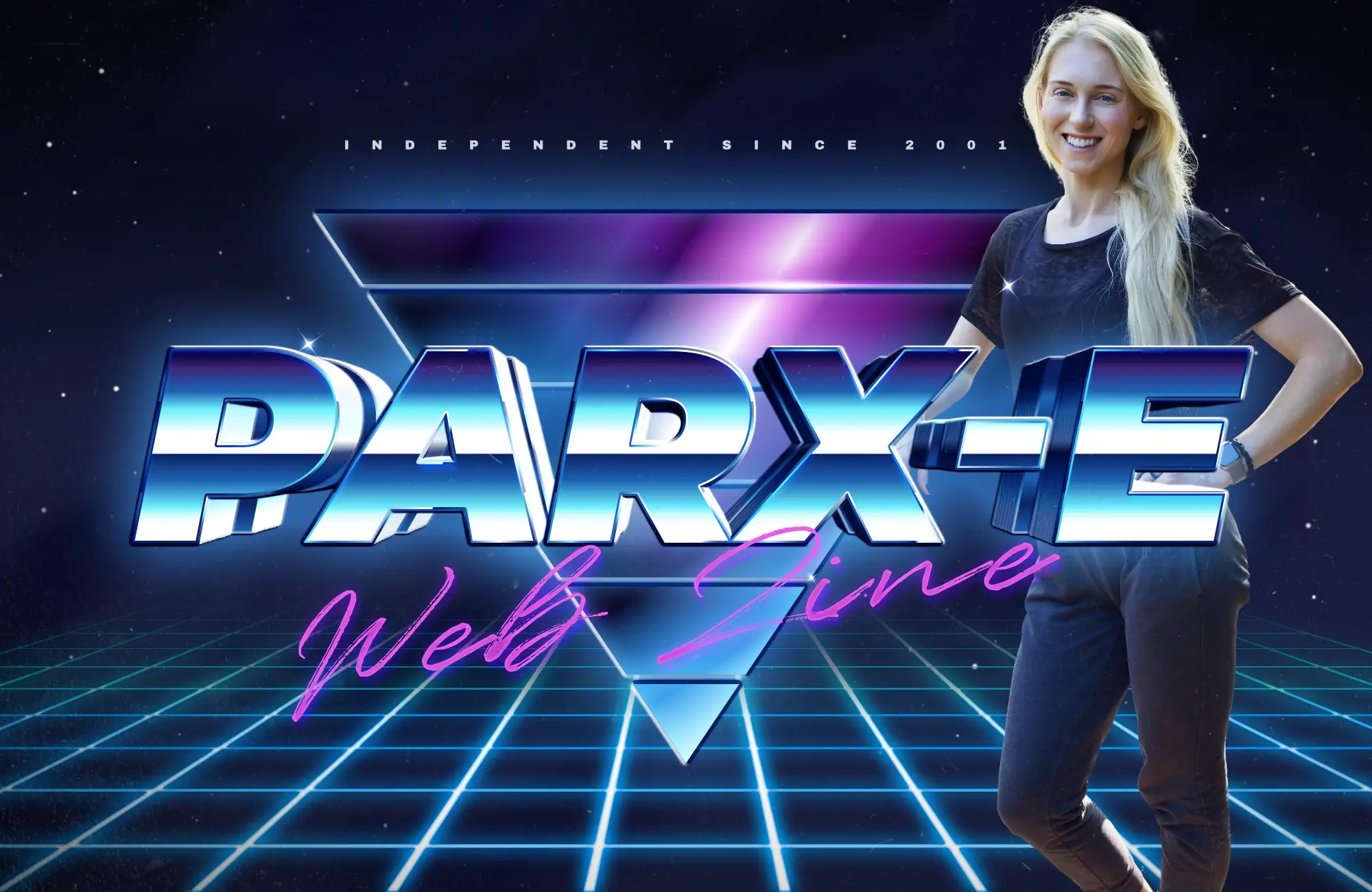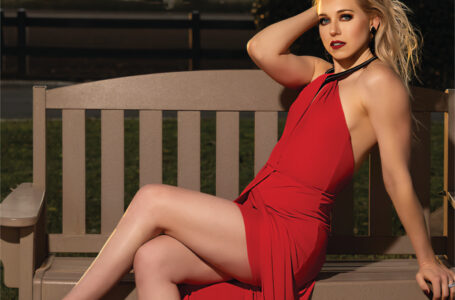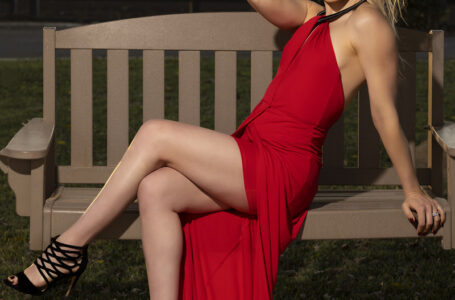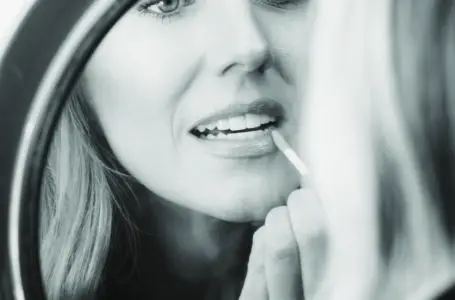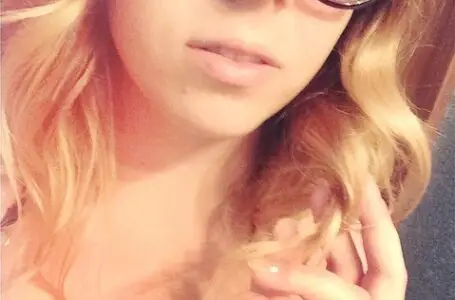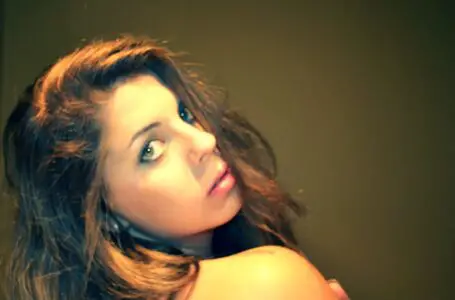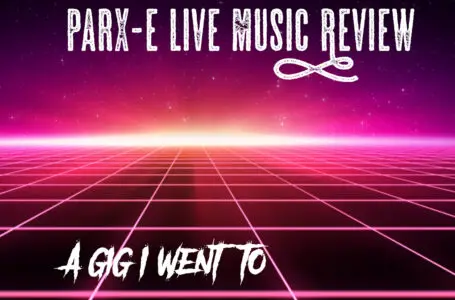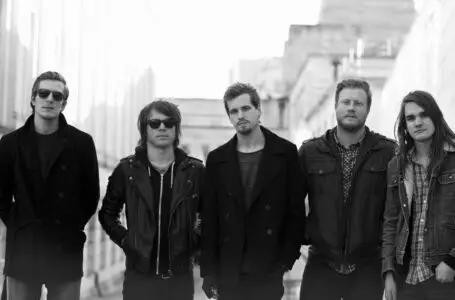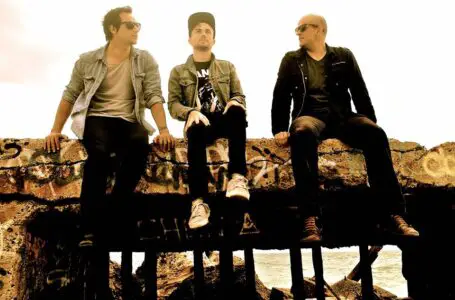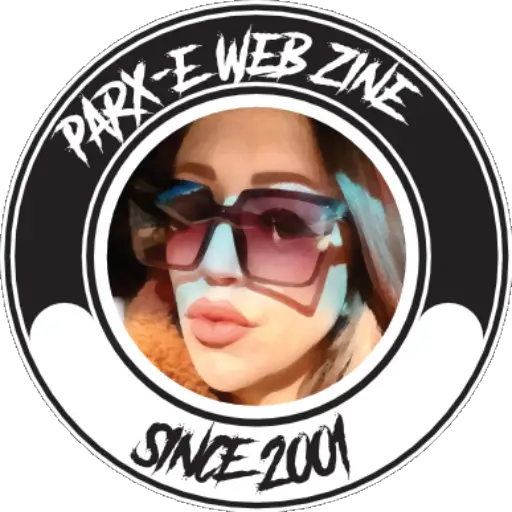Nathalie Nahai

Picture copyright respect holders.
Interview With Nathalie Nahai By Chris 14/2/09
Nathalie Nahai is an amazing British Singer Songwriter who music I discovered online
Liked her tunes so an Interviewed was needed and good answers were given.
1. Are you happy how the album turned out?
Yes, it was my second project in the States and I was lucky enough to have some very talented musicians want to be part of it. Since I’d spent a lot of time in Atlanta Georgia, the album took on blues and country influences that I think enriched the whole sound.
2. What was the inspiration for the album?
The album name ‘Fortune Teller’ and the corresponding artwork are inspired by my fascination with Tarot. I learned to read cards when I was at University, and actually did it professionally for a couple of years. The image on the front represents ‘The World’ card, and the inside image is taken from ‘The Lovers’… I loved the idea of illustrating the album in a style that was almost lithographic, and that’s what I came up with!
3. What inspires the band when writing music?
With the exception of ‘La Boheme’ (written by Charles Aznavour) I’m the writer behind all the songs and arrangements. I like to draw inspiration from the stories of people that I meet, and every song has a face behind it. I have written a few taken from my own experiences, but these tend towards the melancholic!
4. What was it like to record the album in america?
It was good in that I was working out of a studio that I knew well (I recorded my first album there), and had several very talented musicians who offered to work on it for free… and the fact that the exchange rate at the time made everything half price for me was a neat bonus!
5. What do you think of major record labels and the new 360 deals?
Hmm, the 360 deals are still pretty controversial, but conventional major record labels can no longer function as they did in the pre-digital past. As an artist who designs all my merchandise myself, I think I’d find it quite galling to have to pay a percentage to a label on all merch and ticket sales, as that’s always been the area where the artist makes their money. But in the long term if music downloads become free (which is looking quite likely) labels will have to make money somewhere in order to invest in an artist. I suppose if it means that artists will receive more financial and promotional backing from their label then this could be a good thing, it just depends on how big a cut they’re taking.
6. How did the recording of the album go?
The recording itself stretched out over about 6 months, I was going to and fro between the UK and the States, and in order to keep the costs down we would record in night sessions at the studio, starting at 10 or 11 at night and finishing and 4 or 5 in the morning. It was pretty exhausting!
7. How did the collaborations with other blues artists help shape the album?
The collaboration came mainly in the arrangements of the songs, tracks like ‘Polly Ride On’, ‘Overboard’ and ‘Queen and Country’ were especially fun to record, as they lent themselves well to a bit of blues. I still wanted to maintain a folk element running through the record though, and I placed my french cover as track 5 so that the album would have a mid-point to it, like the old A/B sides on records.
8. Was the recording process to the new album different to the old one?
Yes, the new album followed a much less formal route, I knew everyone I was working with, I was comfortable in the studio and had a much better idea of how I wanted the album to sound as a whole before we started work. It was much easier than the first.
9. What do you hope the album will do for your music career?
I hope this album will showcase my musicianship as well as my writing, and of course land me a deal! Though because it’s not pop it will probably appeal more to a niche market, to those indie labels that are plugged into their artists and their audiences.
10. What has been the response like to the music you make?
The response has been good so far, the album has received some great press in publications like Uncut, Music Week, and Maverick, and I’ve had interest from managers and other musicians who’d like to collaborate. At shows it’s always the more intimate gigs that are the most spell-binding, the audiences who love to listen create this amazing space where there’s nothing else in the world but the music.
11. Who have your enjoyed playing with the most?
Jill Barber, this amazing Canadian musician with whom I shared a stage in London last summer.
12. How did you get into music?
It all started when my mum took me to my first violin lesson at the age of 3, very young I know, but we learned all our music by ear (the Suzuki method), and it set me in good stead when later I began teaching myself piano and guitar. It wasn’t until I got to university that I really began writing and exploring music at a more committed level.
13. What don’t you like about the music industry?
I think the fact that it is very skewed towards artists who can make a quick turn-over for labels and then be disposed of in a short space of time. There’s a lot less emphasis on the long-game, on investing in artists who make the kind of music that will grow and last. Everything revolves around money, and the days of artist development deals are over, and we’re all the poorer for it.
